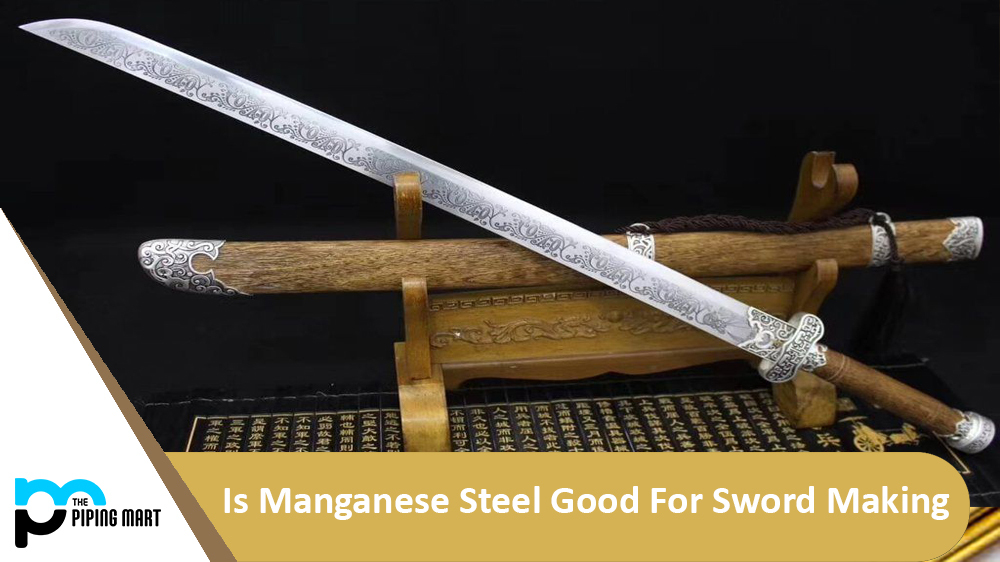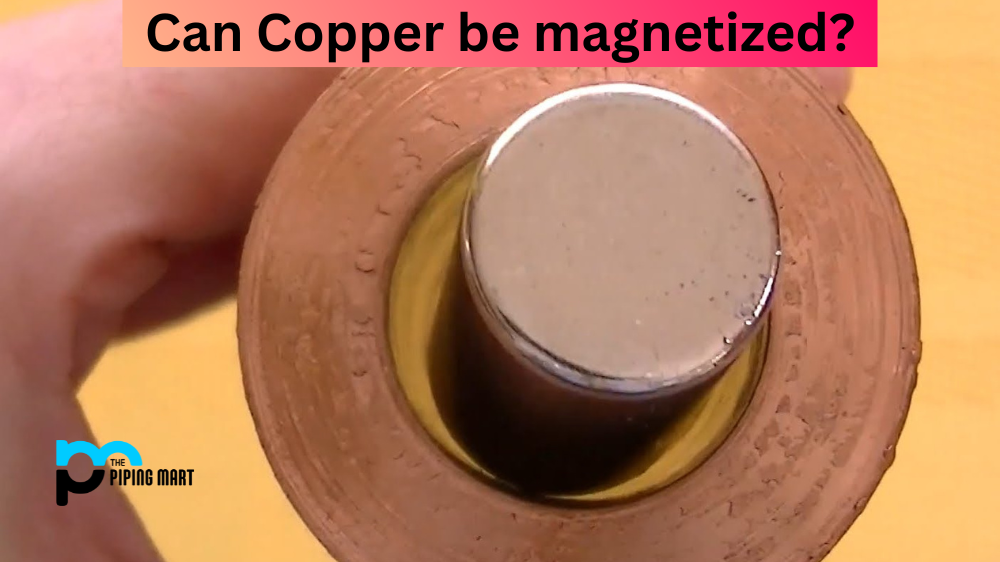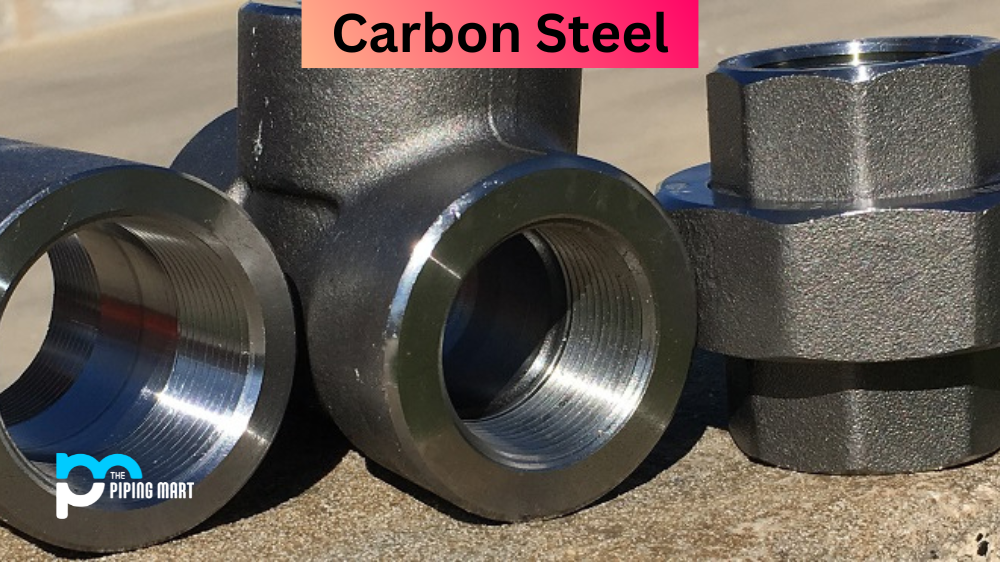Swords have been around for centuries and the materials used to make them have evolved. One of the more recent materials gaining popularity is manganese steel, which has a reputation for being both durable and lightweight. But just how good is manganese steel for sword making? Let’s look at what makes this material so special—and whether or not it’s truly suitable for sword making.
What Is Manganese Steel?
Manganese steel is an alloy made by combining manganese, carbon, and iron. It was developed in 1882 by Robert Abbott Hadfield to create a material that was harder than any other existing metal at the time. This type of steel is also known as Hadfield or austenitic manganese.
Benefits Of Using Manganese Steel In Sword Making
Manganese steel offers several benefits when it comes to making swords. First, it’s incredibly strong and can handle high levels of shock and impact without compromising its integrity. It also has excellent wear resistance—meaning it won’t chip or break easily under pressure—and can even resist corrosion better than traditional carbon-steel blades. Additionally, it’s relatively lightweight compared to other materials like stainless steel, which makes it easier to wield.
However, there are some drawbacks to using this material for sword making as well. Because manganese steel is so hard, it can be difficult to sharpen correctly—it often requires specialized tools and techniques in order to get the blade sharp enough for use. Additionally, since this type of steel contains manganese (a brittle element), it tends to be more prone to breaking if not handled correctly during manufacturing or use.
Conclusion
Overall, manganese steel is a great choice for sword makers who want a strong and lightweight blade. Its exceptional strength and wear resistance make it ideal for battle-ready swords that will stand up to heavy use without sacrificing performance or aesthetics. However, due to its hardness and brittleness, it may require specialized tools and techniques in order to achieve optimal sharpness—which could be a turnoff for some makers who prefer simpler methods of crafting blades. Ultimately, though, the decision whether or not this material is suitable for your particular needs should come down to personal preference and budget constraints.

Abhishek is a seasoned blogger and industry expert, sharing his insights and knowledge on various topics. With his research, Abhishek offers valuable insights and tips for professionals and enthusiasts. Follow him for expert advice on the latest trends and developments in the metal industry.




